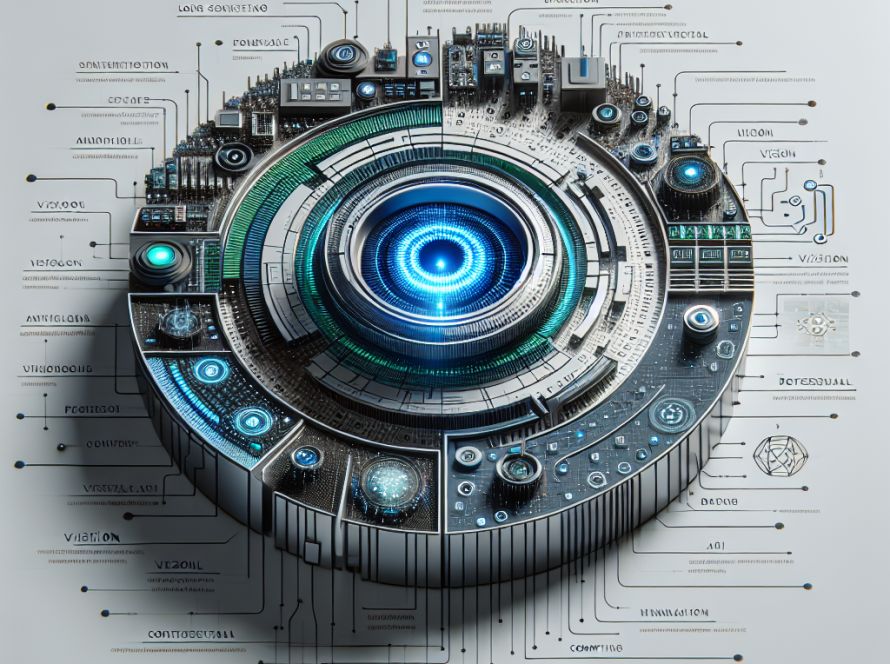Following OpenAI’s Spring Update event on May 13, which introduced many innovations including GPT-4o, Google held its own event, Google I/O ’24. The event saw the introduction and improvement of a variety of projects, including Ask Photos, the expansion of AI in search, and the introduction of Gemini 1.5 pro to Workspace. However, the defining announcement was Project Astra.
Project Astra, according to Google, is a universal AI assistant meant to aid us in our daily lives. The AI agent can see, talk, understand, and respond to the world in a way that closely mimics human interaction. It is designed to retain all information it sees and hears, creating a user-friendly, responsive interface. This multimodal AI project has arisen from Google’s continued investment and development in its Gemini AI models.
For the past few years Google has tirelessly been improving and refining Project Astra, making it a remarkable milestone in AI engineering. The model is intended to function not only on smartphones but also on different devices, including Google Glasses.
In a surprising twist, Google presented improved Google Glasses during the presentation of the new AI assistant. The advancement of Google Glasses shows the extent of Google’s background work on these projects, and how it has enhanced its AI models over time.
Project Astra offers a promising future for AI as Google’s advancements continue to redefine possibilities. The introduction of GPT-4o and Project Astra signify substantial steps in the development of more flexible and responsive AI models. Although GPT-4o is noteworthy in its own way, the announcements from Google, particularly Project Astra, have marked a new high point in innovation. As of now, Project Astra is ahead of its competition, though a professional review is necessary to identify which AI model is superior. The ongoing developments in this field point towards a future where AI will increasingly become a fundamental part of our daily lives.


